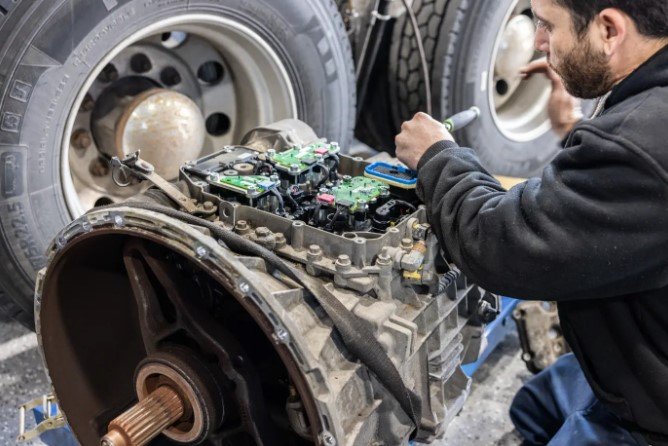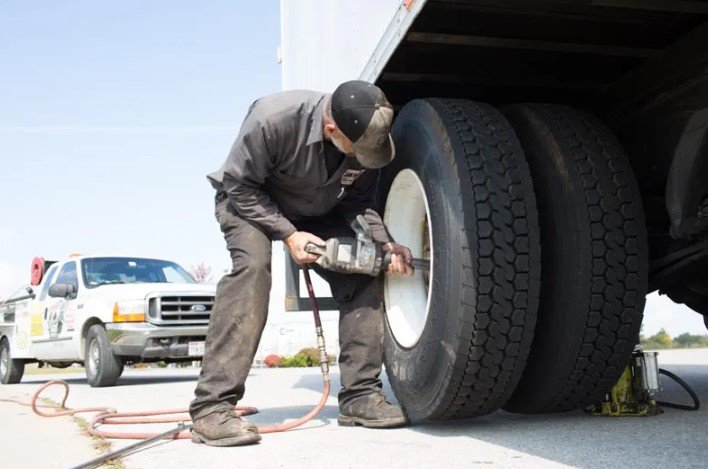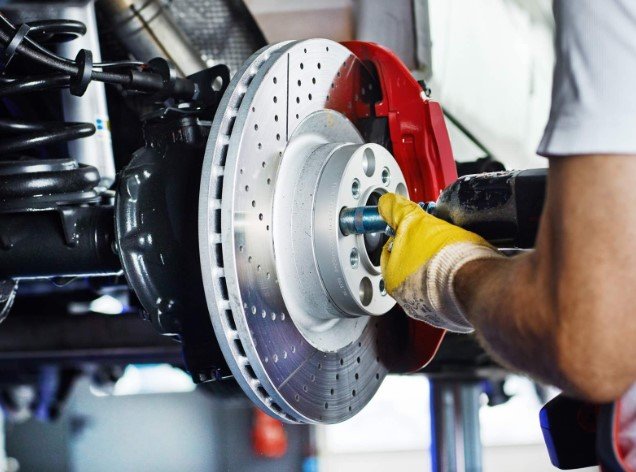
Auto Electrical Repair
Introduction to Auto Electrical Repair
When your vehicle’s electrical system malfunctions, it can lead to frustrating breakdowns and safety hazards. Auto electrical repair is a crucial aspect of vehicle maintenance, ensuring that your car’s electrical components function properly. From addressing minor issues like a dead battery to complex alternator problems, understanding auto electrical repair is essential for every vehicle owner.
Common Auto Electrical Problems
Battery Issues
One of the most common auto electrical problems is a faulty battery. Signs of a failing battery include difficulty starting the engine, dimming headlights, and electrical system malfunctions.
Alternator Problems
The alternator is responsible for charging the battery and powering the electrical system while the engine is running. When the alternator fails, it can lead to battery drainage, dashboard warning lights, and stalling while driving.
Starter Motor Malfunction
The starter motor is crucial for initiating the engine’s ignition process. If you hear a clicking sound when turning the key or the engine fails to start, it may indicate a faulty starter motor.
Diagnosing Auto Electrical Issues
Visual Inspection
A visual inspection of the battery terminals, wiring, and electrical components can help identify obvious issues such as loose connections or corrosion.
Using Diagnostic Tools
Professional auto technicians use diagnostic tools like multimeters and computer scanners to pinpoint electrical problems accurately. These tools provide detailed insights into the vehicle’s electrical system and aid in efficient troubleshooting.
Importance of Professional Auto Electrical Repair
Expertise and Experience
Professional auto electricians possess the knowledge and expertise to diagnose and repair complex electrical issues effectively. Their experience allows them to identify underlying problems quickly and implement appropriate solutions.
Safety Concerns
Handling electrical components in vehicles requires specialized training and safety precautions. Professional auto repair shops adhere to safety standards to protect both technicians and customers from electrical hazards.
DIY vs. Professional Repair
Pros and Cons of DIY
DIY auto electrical repair may seem cost-effective, but it carries risks, especially for complex issues. Without proper knowledge and tools, DIY attempts can lead to further damage and safety hazards.
Benefits of Professional Repair
Professional auto electrical repair ensures quality workmanship and reliable solutions. With access to advanced diagnostic equipment and genuine parts, professional technicians can address electrical problems efficiently.
Choosing the Right Auto Electrical Repair Shop
Reputation and Reviews
Researching the reputation of auto repair shops through customer reviews and referrals can help you choose a trustworthy service provider known for their expertise in auto electrical repair.
Certifications and Training
Look for auto repair shops that employ certified technicians with training in electrical systems. Certifications from reputable organizations indicate a commitment to quality and professionalism.
Cost of Auto Electrical Repair
Factors Affecting Cost
The cost of auto electrical repair varies depending on the severity of the issue, the type of vehicle, and labor rates. Complex problems like alternator or wiring repairs may incur higher costs than battery replacements.
Tips for Saving Money
Regular vehicle maintenance and timely repairs can prevent costly electrical issues in the long run. Additionally, comparing quotes from multiple repair shops and considering warranty coverage can help save money on auto electrical repair.
Preventive Maintenance Tips
Regular Inspections
Schedule regular inspections of your vehicle’s electrical system to detect potential issues early and prevent breakdowns. Check battery terminals, wiring, and connections for signs of wear or damage.
Battery Care
Maintain your vehicle’s battery by keeping it clean and securely mounted. Regularly inspect the battery terminals for corrosion and ensure proper voltage levels with a battery tester.
Electrical System Check-ups
Include electrical system check-ups as part of your routine vehicle maintenance. Professional technicians can perform diagnostic tests to identify hidden issues and ensure the optimal performance of your vehicle’s electrical components.
Conclusion
Auto electrical repair is vital for maintaining the reliability and safety of your vehicle. From diagnosing common issues to choosing the right repair shop, understanding the basics of auto electrical repair empowers vehicle owners to make informed decisions and ensure their vehicles remain in top condition.
FAQs
- How do I know if my car has an electrical problem?
- Look out for signs such as dimming headlights, difficulty starting the engine, dashboard warning lights, or unusual electrical malfunctions.
- Can I jumpstart my car if the battery is dead?
- Jumpstarting can temporarily revive a dead battery, but it’s essential to address the underlying issue and replace the battery if necessary.
- What should I do if my alternator fails?
- If your alternator fails, it’s crucial to have it replaced promptly to prevent further damage to the electrical system and ensure the proper functioning of your vehicle.
- How often should I have my vehicle’s electrical system checked?
- It’s recommended to include electrical system check-ups as part of your regular vehicle maintenance routine, typically every 12 months or as advised by your auto technician.
- Are DIY electrical repairs safe?
- While simple tasks like battery replacements may be safe for DIY enthusiasts, complex electrical repairs should be left to professional auto technicians to avoid safety hazards and further damage to the vehicle.


